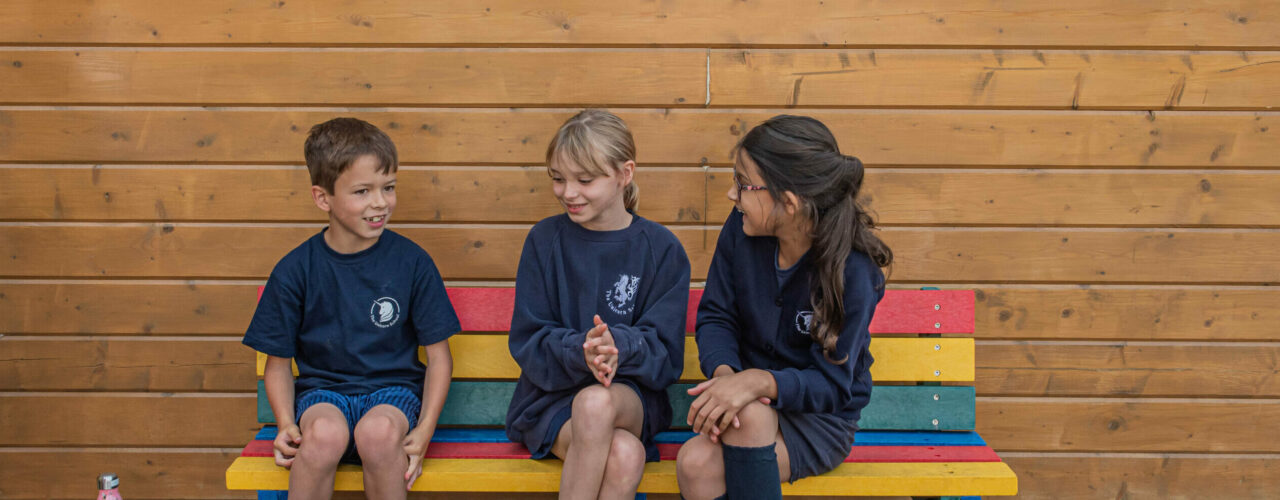What happens when a prospective pupil is invited to an assessment visit at The Unicorn School?
The following information guides pupils and parents through the assessment procedure:
Initial contact with the school
Parents initially speak to our Registrar who gathers some information on their child and the reasons why they are considering The Unicorn School. The child is then invited for a two-day assessment visit.
Gathering Background Information
Before the child visits the school we like to begin to paint a picture of the child. Parents are asked to complete a thorough questionnaire which covers the child’s strengths and interests, developmental history, educational experience, health (including vision and hearing tests results), social and emotional background as well as the parents’ concerns. We also ask for any other professional reports on the children.
This information is used to guide our choice of assessments for the individual child during their assessment visit.
The Assessment Visit
The child may be assessed to ascertain their underlying ability, literacy skills and some areas of their cognitive processing. The assessment is split into sections to allow natural rest breaks.
Observations are made during the assessments of how the pupil answered questions, strategies they used, what sub-tests they preferred, their ability to remember and follow instructions and their overall approach and resilience in the face of these challenges.
Not all children will need a full assessment and it will depend in what reports they already have.
Feedback to Parents
The child will be offered a place at the school where the assessment visit indicates that we can support their individual needs. The report will explain how we would support the child at The Unicorn School and what strategies we would use to help remediate their difficulties.
The Report
We aim to supply the formal written report to the parents within 21 days of the assessment taking place.
The report includes background information, descriptions of assessments, results and what they mean, a conclusion and recommendations for future support; including any access arrangements the child may be entitled to. A report alone does not guarantee access arrangements and they may change on a yearly basis. This report is then the property of the parents.
